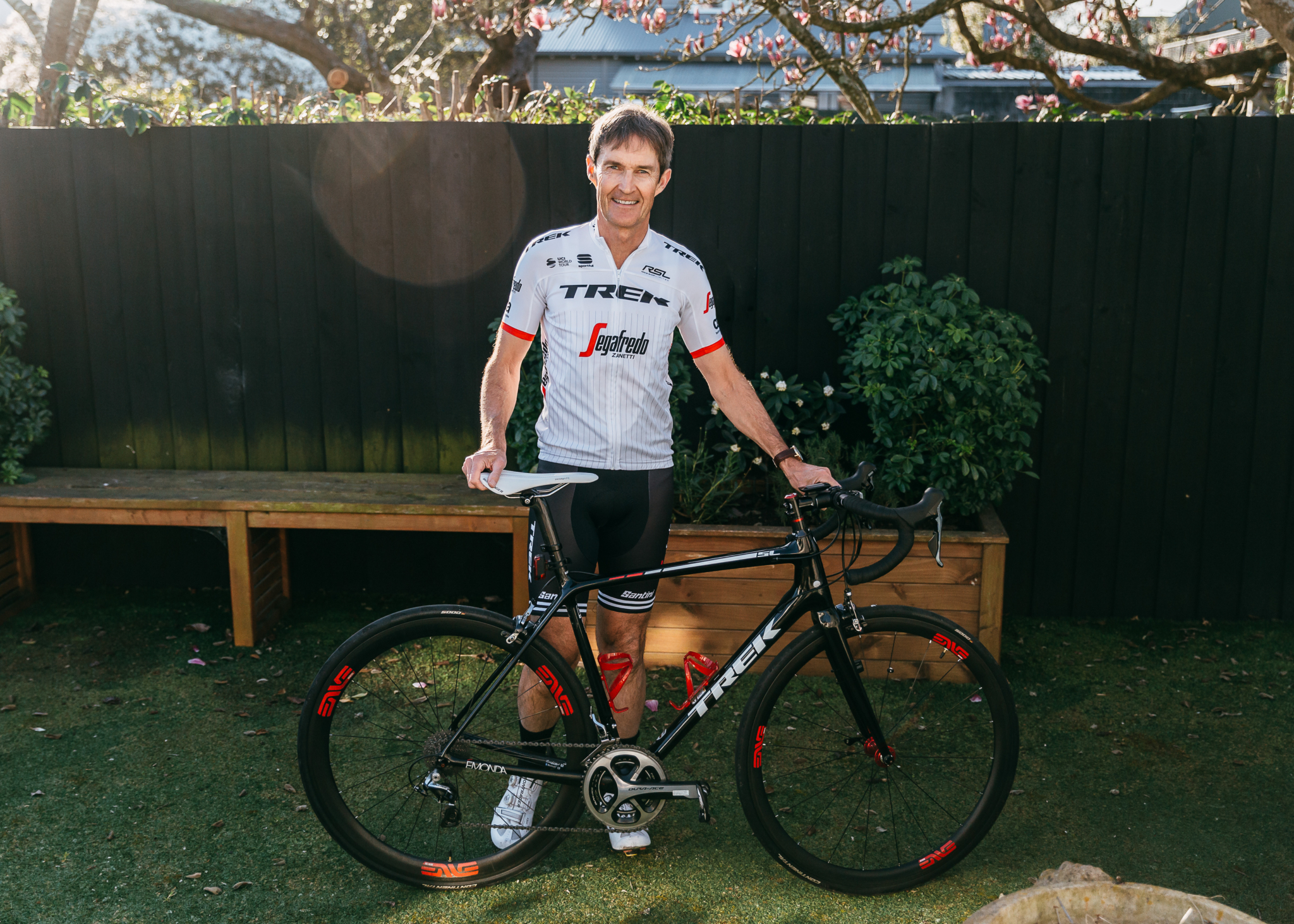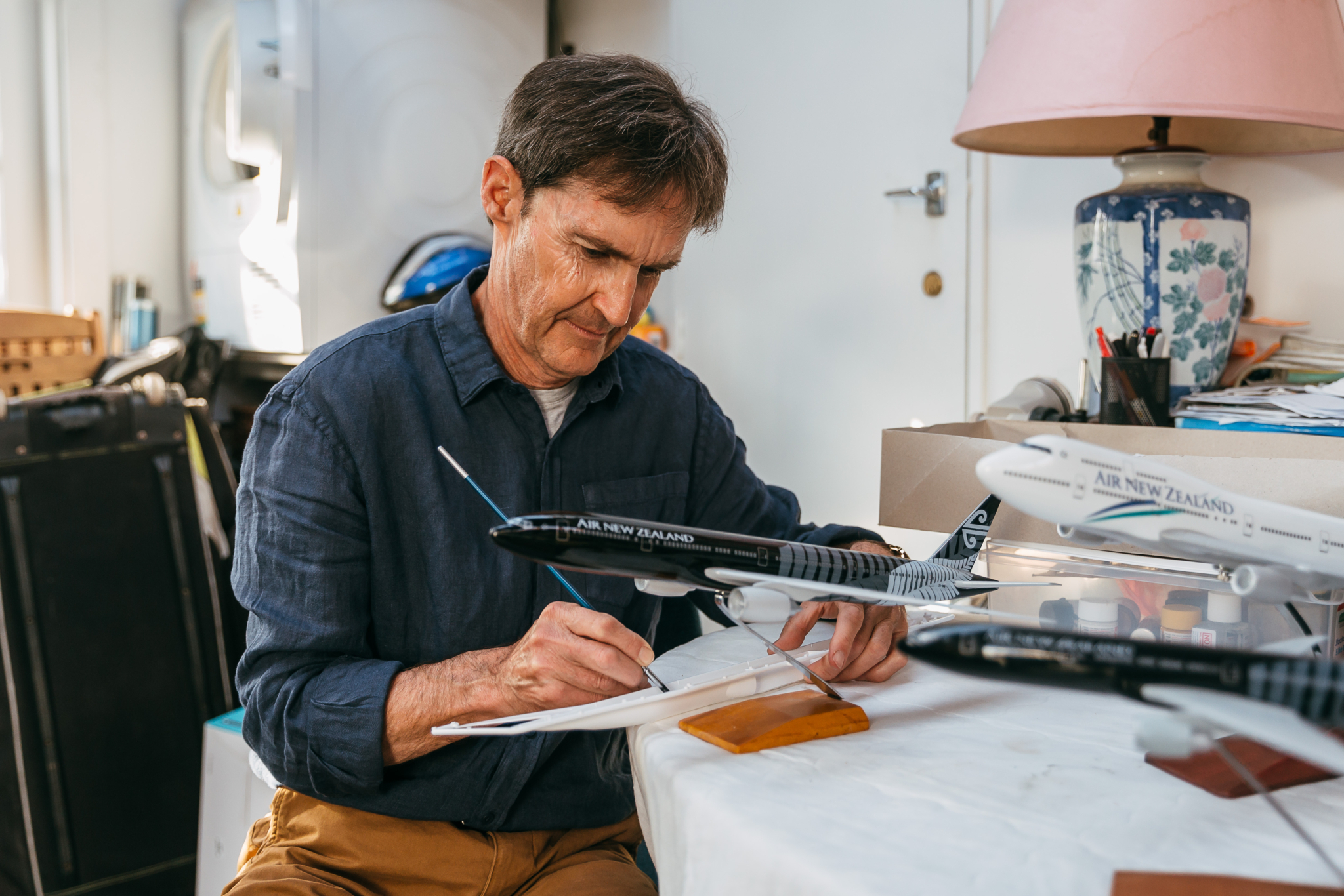Staying positive - Greg Clarke's story

Prior to my injury, I was a healthy, fit 58-year-old male. My profession was an international airline pilot for Air New Zealand. I was happily married (and still am) to my wife of 28 years with two young adult children.
On August 3rd 2017, while on duty in Hong Kong, I was hit from behind by a bus while out walking on the sidewalk. I sustained a traumatic brain injury and some broken ribs but no other physical injuries. I spent three and a half weeks in hospital in Hong Kong.
Whilst in Hong Kong, the Air New Zealand medical unit arranged for my rehab to take place at the Laura Fergusson brain injury unit in Christchurch, which took place over three and a half months. The programme from beginning to end was very structured with clear guidelines and an emphasis on being independent. The programme involved sessions with speech-language therapists, occupational therapists, psychologists and physiotherapists plus the support from rehabilitation assistants for doing everyday chores – washing, cooking and exercise. Alongside this was the wonderful support and guidance from Dr Angelo Anthony.
For me, every part of the programme was essential for my recovery. Initially after my brain injury, I had little awareness of time and its relevance to daily activities. Things just popped into my head in an unstructured flow, so being asked to write and live to a daily/weekly timetable gave me awareness.
I am a ‘people’ person, so building relationships and trust with both staff and the other residents along with seeing friends and family on a regular basis allowed me to rebuild my confidence. As my recovery progressed, being able to exercise, go into the community with an occupational therapist and overnight at home increased my independence and allowed a smoother transition to going home.
Initially after a TBI, you lack insight and don’t have awareness or understand how the programme can benefit you. I am now fully recovered and can clearly see how much it helped my brain recovery. So my advice is to please trust the programme and the skilled people that run it – they have your best interest at heart.
Being an international airline captain was my identity and a large part of my life. Although fully recovered, returning to my former role is taking some time. This part of my recovery has been an emotional adjustment, and I have had to re-evaluate my sense of self. I have done this through staying positive, surrounding myself with friends and family and being open to new things in my life.
Recovery does take time, so you do have to stay focused and keep training your brain. I have done this by continuing my training with the Laura Fergusson Community Team, reading and doing brain exercises. For me, fatigue during the day has never been an issue, and I do not require sleep during the day. However, I do notice a lack of brain elasticity if I have two to three nights of poor sleep. Fatigue management during the rehab programme was paramount and continues to be very important for me today.
